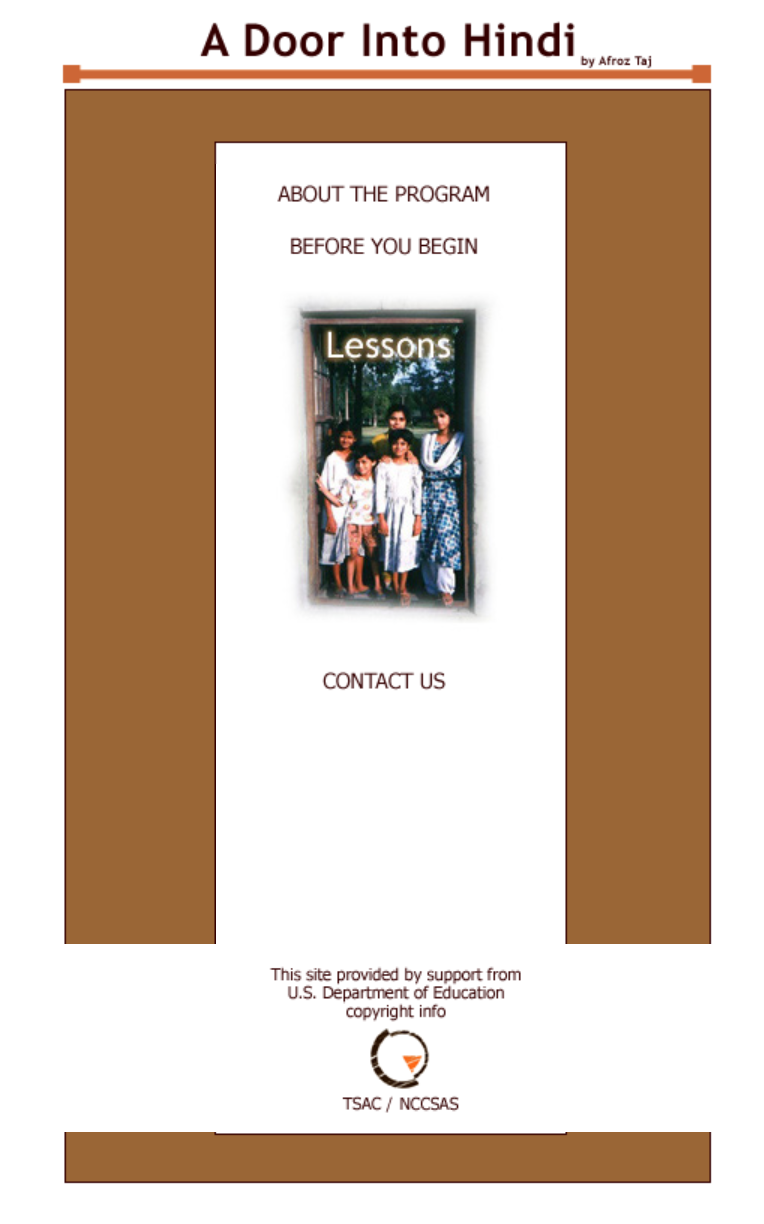MIS Affiliate Highlight: Dr. Afroz Taj
Afroz Taj is an associate professor in the department of South Asian and Middle Eastern Studies at the University of North Carolina at Chapel Hill. Dr. Taj’s research and teaching centers around South Asian Media with an emphasis on film and television. He is the author of several articles, monographs, poetry collections and a book, The Court of Indar and the Rebirth of North Indian Drama, where he explores the origins of the Urdu-Hindi musical theater in mid-nineteenth-century Lucknow.
Dr. Taj’s research focuses on many areas ranging from the modernization of Amanat Lakbhani to the evolution of Parsi theater from silent to non-silent. He is also interested in the aesthetics of cinema, filmmaking techniques and technologies, and the history of Bollywood. While researching the history of Indian cinema he began to collect past issues of Shama magazine; his next project will trace the impact of Shama on South Asian popular culture, including its visual and verbal constructions of gender identity in twentieth-century India and Pakistan.
In addition to his research, Dr. Taj is also a creative writer. He has written, published, and recited his ghazals, geet, dohe, and short stories in Urdu and Hindi. Over the past ten years, he has filmed interviews with important literary figures of South Asia and has made a number of short films in conjunction with the Door Into Hindi and Darvazah language-learning websites. His interest in media has enabled him to pioneer the use of new technologies and multimedia resources in language teaching.
Dr. Taj’s passion for language and South Asian culture began early. His research interests have roots in his love for poetry, which he began writing when he was quite young. His mother saw his passion for writing and encouraged him to follow a path in life towards creating and pursuing his art.This encouragement and his enjoyment of poetry set him on his academic path. Dr. Taj received his PhD in Poetic Drama in South Asia at Jawaharlal Nehru University in Delhi, India. Following the completion of his degree, he came to the United States to continue his studies at the University of Virginia in Charlottesville. He then moved to North Carolina in 1995, where he has since taught South Asian languages in universities across the Triangle including at Duke University, North Carolina State University, and currently, at the University of North Carolina at Chapel Hill.
For Dr. Taj, teaching about South Asia is not just a subject or topic of a course but a true passion. He teaches a variety of courses centered on South Asia, but does so in a way where he sees it as an opportunity to highlight and celebrate an area of the world that means so much to him. One of Dr. Taj’s most popular courses is his Bollywood cinema class. In the course, he discusses Bollywood cinema thematically, focusing on various topics such as women’s empowerment, mental health, Hindu-Muslim togetherness as well as Hindu-Muslim conflict. He believes structuring the course this way is important because Bollywood films cover important issues in India and can serve as the entryway into bigger conversations.
At UNC, besides being a professor and mentor, Dr. Taj holds several roles across campus and in the wider community. He serves as a sponsor for various South-Asian student organizations like Chalkaa, Ek Taal, and Samaa, participates in the annual Ram Leela for HSNC, and co-hosts the Geet Bazaar (a South Asian student run radio channel). In addition to his many roles on campus, Dr. Taj is the founder of the Urdu Majlis Literary Society and hosts a monthly forum for reading and discussing various poets.
Dr. Taj’s advice to future UNC students interested in pursuing research in South Asian studies is that there are abundant opportunities! He advises students to be more aware of the various possibilities related to South Asia at UNC across schools (the College of Arts and Sciences, Business School, Gillings School of Public Health, Education, and the School of Medicine) and encourages them to immerse themselves in South Asian culture by studying languages, literature, and the lived culture through study abroad programs.
If you are interested in learning more, see Dr. Taj’s conversation with Monsoon!
